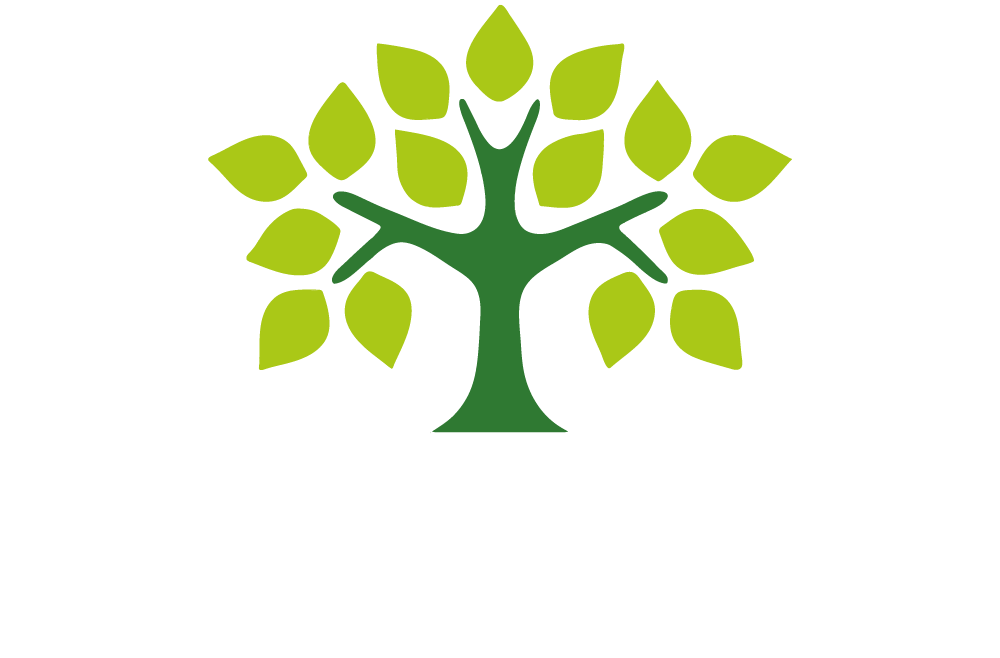Music

Wychwood Primary School – Music Vision Statement
Intent
At Wychwood, our music curriculum will allow children to feel musical, and to develop a life-long love of music. We focus on developing skills, knowledge and understanding that children need in order to become confident performers, composers and listeners. Our curriculum introduces children to music from all around the world and across generations, teaching children to respect and appreciate the music of all traditions and communities.
The children will develop the musical skills of singing, playing tuned and untuned instruments, improvising and composing music, and listening and responding to music. They will develop an understanding of the history and cultural context of the music that they listen to and learn how music can be written down. Through music, our curriculum helps children learn transferable skills such as team- working, leadership, creative thinking, problem solving, decision making and presentation and performance skills.
Implementation
Our music curriculum is made up of individual strands of music which includes performance, listening, composition, the history of music and the inter-related dimensions of music. Over the course of each year the children will be taught to sing fluently and expressively, and play tuned and untuned instruments accurately and with control. They will learn to recognise and name the interrelated dimensions of music such as pitch, duration, tempo, timbre, structure, texture and dynamics. All of which they will use in their own improvisations and compositions. These strands are embedded in classroom activities, as well as the weekly singing assemblies, various concerts and performances, the learning of instruments, and during our after- school choir rehearsals.
As the children progress through each key stage, they will re-visit concepts they have previously learned and then build on these by tackling more complex tasks and improving on the simpler tasks already encountered. They will continue to develop their understanding and knowledge of the history of music and musical notation and will continue to build upon the interrelated dimensions of music.
In the classroom students learn how to play an instrument, from three of the instrument groups of wind, strings and percussion. In doing so, they are able to understand the different principle of each method of creating notes, as well as how to read basic music notation. They also learn how to compose, focussing on different dimensions of music, which in turn feeds their understanding when listening, playing, or analysing music. Composing or performing using body percussion and vocal sounds is also part of the curriculum, which develops the understanding of musical elements without the added complexity of an instrument.
The school also offers the teaching of musical instruments through peripatetic teaching where specialised teachers visit the school on a weekly basis to teach small groups of children the choice of brass, piano, violin or cello and guitar.
EYFS
Through Expressive Arts, children are taught to sing songs, make music and dance. Children are given opportunities to experiment with ways of changing sound and develop an understanding of pulse rhythm and pitch. Children follow a scheme of work from Kapow music School and enjoy listening and responding to different styles of music, learning to sing, joining in with nursery rhymes and action songs which leads to playing classroom instruments and performing for others. Children are also encouraged to use everyday objects to make music and create sound, children enjoy exploring our stage area outdoors and experiment with sound using objects made from different materials such as wood, metal and plastic. Children experiment with instruments.
Impact
At Wychwood, children have opportunities to forge their own musical journey, which allows them to discover areas of strength and areas they might like to improve on. The music curriculum will also develop a strong understanding of culture and history. The integral nature of music and the learner creates an enormously rich palette from which a child may access abilities such as: achievement, self-confidence, interaction with others and self-reflection. Music will also develop an understanding of culture and history, both in relation to students individually, as well as ethnicities from across the world. The children are able to enjoy music, in many different ways- either as a listener, creator or performer. They can discuss music and comprehend its parts. They will sing, feel a pulse, add rhythms and create melodies in a group, and they can further develop these skills in future and continue to enjoy and embrace music in their lives.
Music Unit Vocabulary Overview
Whole School Music Progression

